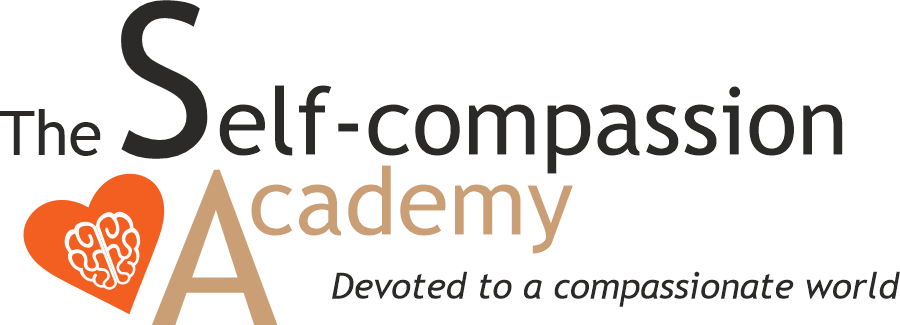When it comes to the research on self-compassion, two names frequently stand out. The first is Kristin Neff, an American psychologist who pioneered the scientific study of self-compassion. The second is Christopher Germer, a clinical psychologist and leading expert in mindful self-compassion. But what exactly do their findings and those of other researchers tell us about the effects and evidence behind self-compassion?
What is the meaning of self-compassion, according to Neff?
In one of her scientific articles, Neff outlines self-compassion as “an emotionally positive self-attitude that should protect against the negative consequences of self-judgment, isolation, and rumination.”
To make this meaning of self-compassion more seizable, she often describes it as “giving yourself the same kindness, support, and understanding you’d give to a good friend, especially in times of struggle or failure.”
“Self-compassion describes a positive and caring attitude of a person toward her- or himself in the face of failures and individual shortcomings.” – Kristin Neff
What are the pillars of self-compassion?
Through her studies, Neff identified three core elements or pillars of self-compassion that she describes as her theoretical model. These pillars create a balanced and scientific approach to emotional resilience, inner strength, and overall well-being:
- Self-kindness (being gentle and supportive with yourself rather than harshly critical)
- Common humanity (recognizing that suffering and imperfection are part of the shared human experience)
- Mindfulness (being aware of painful thoughts and emotions without avoiding or exaggerating them)
On the opposite of each element, you can find another (reduced) element:
- Self-judgment
- Isolation
- Overidentification
Is self-compassion evidence-based?
Since Neff’s first study in 2003, self-compassion has become a widely researched topic in psychology. To date, over 4,000 studies and articles have been published on the subject and that number continues to grow every day.
By now, we can say with confidence that self-compassion is firmly grounded in scientific research. This applies both to how self-compassion can be cultivated (through the theoretical model described above) and to the psychological benefits it has been shown to provide.
For instance, a big meta-analysis encompassing 79 samples with over 16,000 participants found a strong positive correlation between self-compassion and overall well-being.
What are the scientific benefits of self-compassion?
Scientific studies have demonstrated that self-compassion offers a range of psychological benefits. Individuals who practice self-compassion tend to experience lower levels of anxiety, self-criticism, depression, and stress, and higher levels of life satisfaction, happiness, and emotional resilience.
Self-compassion also enhances positive psychological qualities, such as optimism, wisdom, curiosity, and personal initiative. Next to that, it supports a stable sense of self-worth, reduces concerns about body image, and helps you become a more authentic and autonomous person.
Moreover, self-compassion is linked to better physical health. This is partly due to improved self-regulation and reduced physiological stress, which contribute to a calmer state of being. This way, practicing self-compassion helps you to engage more in healthy behaviors such as a balanced diet, exercise, and stress management.
What is the Mindful Self-Compassion (MSC) program?
Neff and Germer co-developed the Mindful Self-Compassion (MSC) program, an eight-week program designed to cultivate self-compassion through mindfulness and self-kindness practices. It provides a powerful tool for emotional resilience, research shows.
Empirical studies on the MSC program have shown significant improvements in participants’ mental health, including reductions in depression, anxiety, and stress, along with enhanced well-being and life satisfaction.
The program equips you with the skills to help you respond to challenging situations with kindness and care and strengthen emotional well-being and resilience. You can sign up for a MSC program or other compassion workshops via our agenda. Or join one of our free compassion sessions. See you there!
Photo by: Bree Pudney via Unsplash







